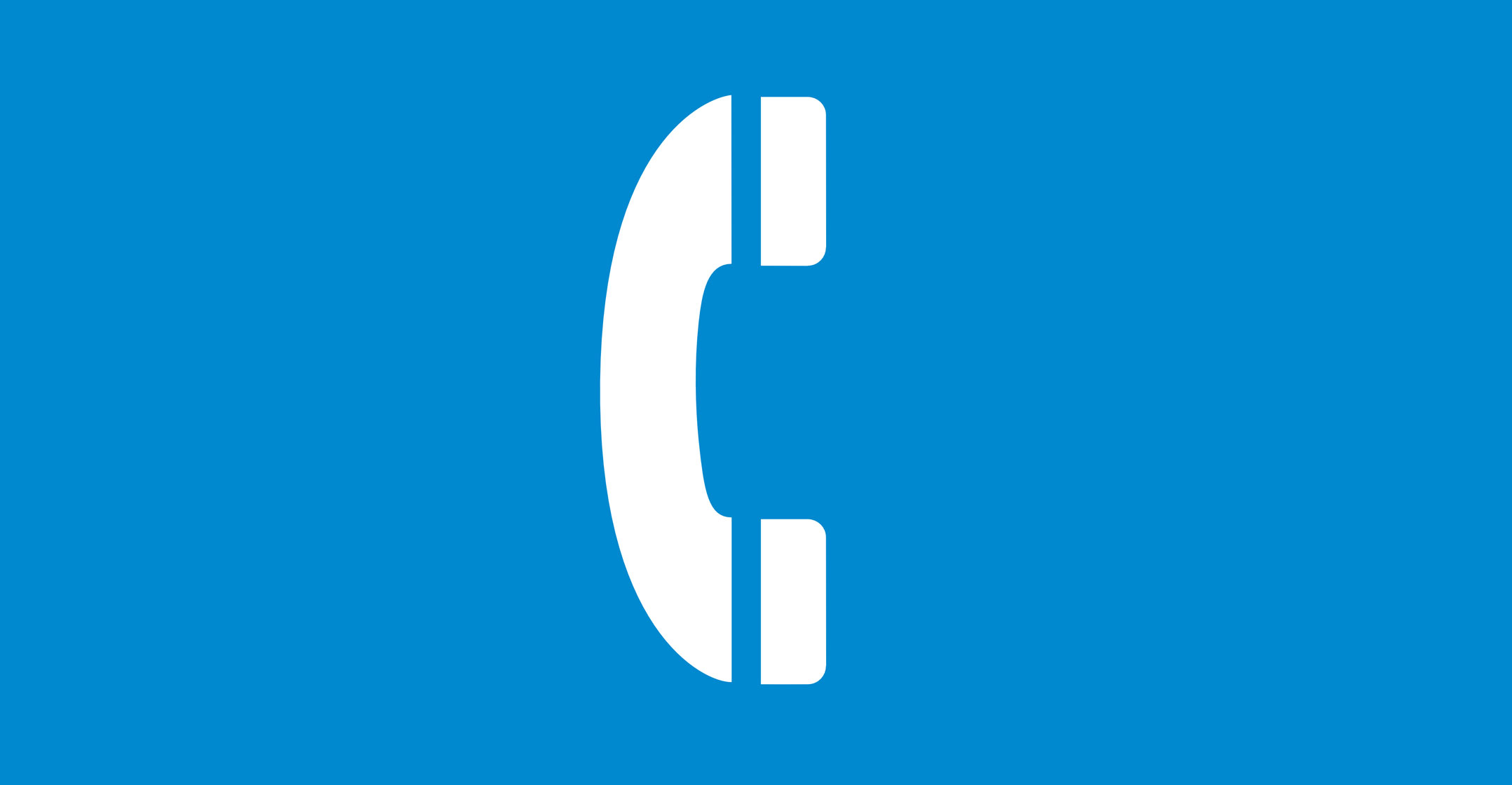
I must admit I’m a little surprised by Telkom’s call this week at a high-stakes government workshop for all unassigned broadband spectrum to be allocated to a single wholesale network provider. I’m surprised because Sipho Maseko, the company’s CEO, has always struck me as sensible and pragmatic.
Yet Telkom on Wednesday, through the CEO of its wholesale division Openserve, Alphonzo Samuels, urged government to assign all this spectrum — which MTN and Vodacom urgently need to continue servicing burgeoning demand for data from South African consumers — to an untested wholesale open-access network, or Woan, which is likely still years away from being launched commercially.
In a presentation to the department of telecommunications & postal services, Samuels said all spectrum in the 700MHz, 800MHz, 2.6GHz and possibly the 3.5GHz bands — should be reserved for the Woan. These spectrum bands are crucial for delivering 4G/LTE broadband in both urban and rural areas. The 700MHz and 800MHz bands – still occupied by analogue television broadcasters — are particularly well suited for delivering 4G in underserviced areas outside the big cities.
Samuels said allocating all the spectrum to the Woan is the best way of breaking the “duopoly” of Vodacom and MTN, which, he said, together control more than 80% of the mobile market in terms of revenue. Telkom, a relative newcomer to the mobile market, has 2% revenue share, he said, while Cell C, licensed at the turn of the century, has about 12%.
He said the mobile industry is characterised by “market failure”. But has the market really failed when Vodacom and MTN have covered more than 99% of the country’s population with 2G and 3G services? One can argue that prices are too high — independent research shows we fall somewhere in the middle of countries based on the cost per megabyte of data — but it’s a gross exaggeration to suggest that the market has failed, especially when one considers the coverage statistics. Who, then, has the market failed, exactly? Telkom shareholders?
There is, of course, also a certain irony about South Africa’s former fixed-line monopoly – which it abused aggressively for many years to the severe detriment of consumers and the economy – in effect advocating for the creation of another monopoly, this time over spectrum assets. If the Woan has exclusive access to all unassigned 4G spectrum (and, let’s not forget, no 4G spectrum has in fact been assigned in South Africa), it will not have the competitive incentives to innovate, provide good service to its downstream partners or ensure its prices are kept in check (short of regulation, which is never as effective as market forces in driving down prices). Many companies and organisations, including Vodacom, MTN, Facebook, the Free Market Foundation and Research ICT Africa, made this clear in their submissions to the telecoms department.
Sub-1GHz spectrum
What Telkom should be arguing for is preferential access to sub-1GHz spectrum, where it is at a competitive disadvantage to its bigger rivals. It should also be lobbying for access to MTN’s 4G network for areas where it can’t afford to build coverage. It already has a roaming agreement with MTN for 2G and 3G services, and if MTN isn’t prepared to give it access to its 4G infrastructure on reasonable terms, it should pressure government and the regulator, Icasa, to ensure this happens. Cell C, by the way, should be doing the same with regard to its roaming agreement with Vodacom.
Unlike Vodacom, MTN and Cell C, which all have allocations in the 900MHz band, the lowest frequency Telkom has access to is 1.8GHz. It has every right to feel aggrieved. Signals at 1.8GHz (and above) do not penetrate buildings as well as those below 1GHz. It’s also costlier to roll out a network, especially outside the cities, without such spectrum. Telkom has been placed at a terrible disadvantage in this regard, and this should be remedied as soon as possible.

The likely reason Telkom has advocated for a monopoly Woan is that it doesn’t have the balance sheet to allow it to compete effectively with Vodacom, MTN and Cell C. It is subscale next to those operators, despite smart pricing and product strategies that have won it millions of mobile customers in recent years. The company has been boxing very cleverly, to the advantage of consumers. It should continue to do so to grow its market share.
But to advocate that Vodacom and MTN — and others — shouldn’t get access to additional spectrum doesn’t make much sense (except, perhaps, for Telkom, which wants to hitch a ride on its competitors’ coattails through a monopoly Woan).
There’s nothing stopping Telkom from investing, with other operators — Cell C, perhaps, along with Internet service providers and others — in a competitive Woan. But to attempt to drag down the rest of the industry by denying its rivals access to exclusive-use spectrum, their lifeblood, is not in the best interests of the industry or of consumers. South Africa does not deserve or need another monopoly. We know where that path leads. — (c) 2018 NewsCentral Media
- Duncan McLeod is editor of TechCentral




